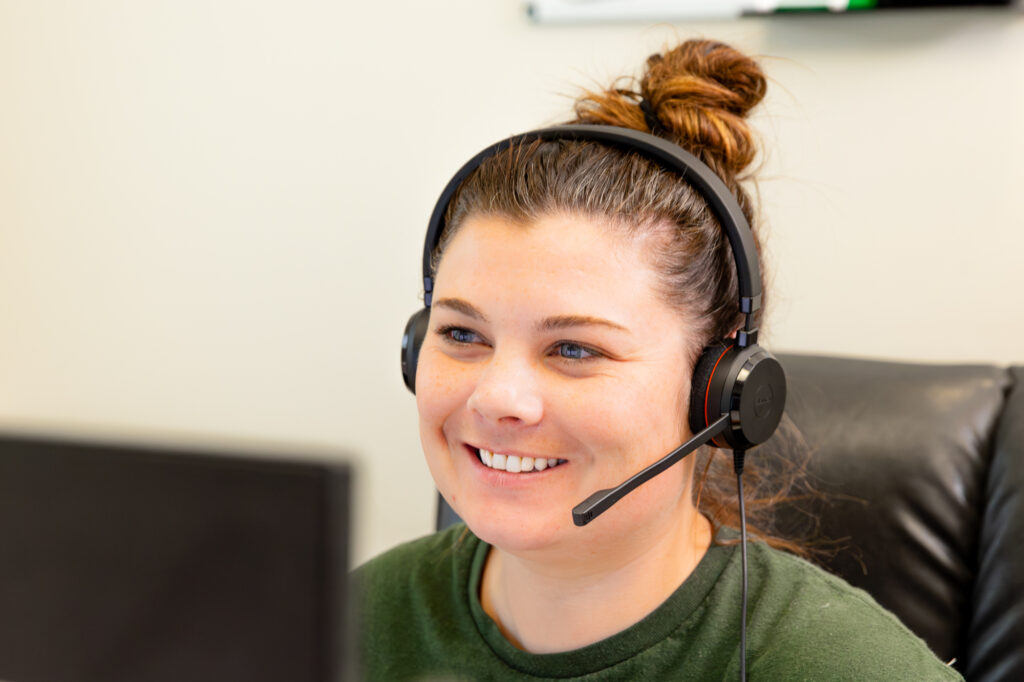How do I schedule an appointment?
Scheduling an appointment is easy. You can call us directly or submit a request through our online form. Adults can also walk-in between 9 and 4 at the Wyandot Center every day. Our intake team will reach out to guide you through the process and match you with the right services based on your needs.
What should I expect during my first visit?
Your first visit will include a conversation with a trained mental health professional who will ask about your current concerns, goals, and background. This is a supportive and judgment-free space where you can better understand your needs and develop a care plan.
Do I need a referral to receive services?
No referral is required. You can reach out to us directly to start the intake process. We welcome individuals and families seeking support at any stage in their mental health journey.
What should I do in a mental health emergency?
If you or someone you know is experiencing a mental health emergency, please call the 988 crisis line immediately or go to our RSI stabilization center. If the situation is life-threatening, call 911.
Is crisis support available 24/7?
Yes. Our crisis services are available 24/7, 365 days a year. No appointment is necessary. We’re here to provide immediate support, stabilization, and safety planning whenever you need it.
What mental health services are available for children and teens?
We provide a wide range of services for children and adolescents, including individual and family therapy, case management, crisis support, and skill-building programs tailored to their needs.
Do you offer school and community-based support?
Yes. We partner with local schools to provide on-site mental health services, including therapy, behavioral support, and crisis intervention. This helps students get care when they need it most—from the safety of their school or community.
Can families be involved in treatment?
Absolutely. We believe family involvement is an essential part of a young person’s healing. When appropriate, we encourage families to participate in therapy, acquire tools to support their child, and be active partners in the treatment process.

Need help getting started?
Contact Us





